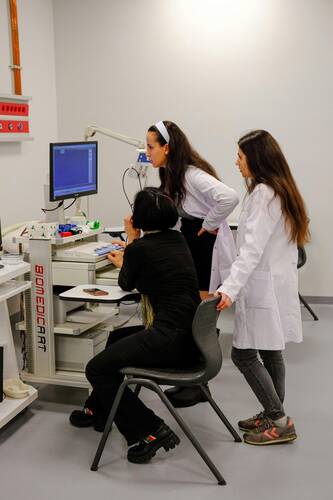Electronic Records / 11.12.2024
Morbidity and Mortality Prediction Model Improved by Incorporating Data from Electronic Records
MedicalResearch.com Interview with:
Prof. Adam J. Rose
Shuli Brammli-Greenberg and Adam J. Rose share senior authorship.
Faculty of Medicine, Hebrew University of Jerusalem
Beit-Horon, Jerusalem, 9093500, Israel
MedicalResearch.com: What is the background for this study? Would you briefly explain what is meant by the Elixhauser Comorbidity Model?
Response: Patients admitted to the hospital can have very different levels of illness severity. In addition, different hospitals may admit different numbers of very sick patients. Therefore, comparing two hospitals regarding something like length of stay or in-hospital mortality is not valid unless one adjusts for the illness burden of the population of patients at each hospital.
Risk adjustment is the name for the process of building a model to predict the risk of each patient for a particular outcome, such as mortality or readmission, based on what is known about them and their illness burden. By summing all the risks of patients at a hospital, one gets an aggregate sense of the illness burden at the hospital, and different hospitals can be compared.
The Elixhauser Comorbidity Model is a widely-used risk adjustment model which performs well in the sense that it is very predictive of outcomes like mortality. It also has the advantage of being calculated from diagnosis codes, which are widely available data for hospitalized patients.
(more…)






